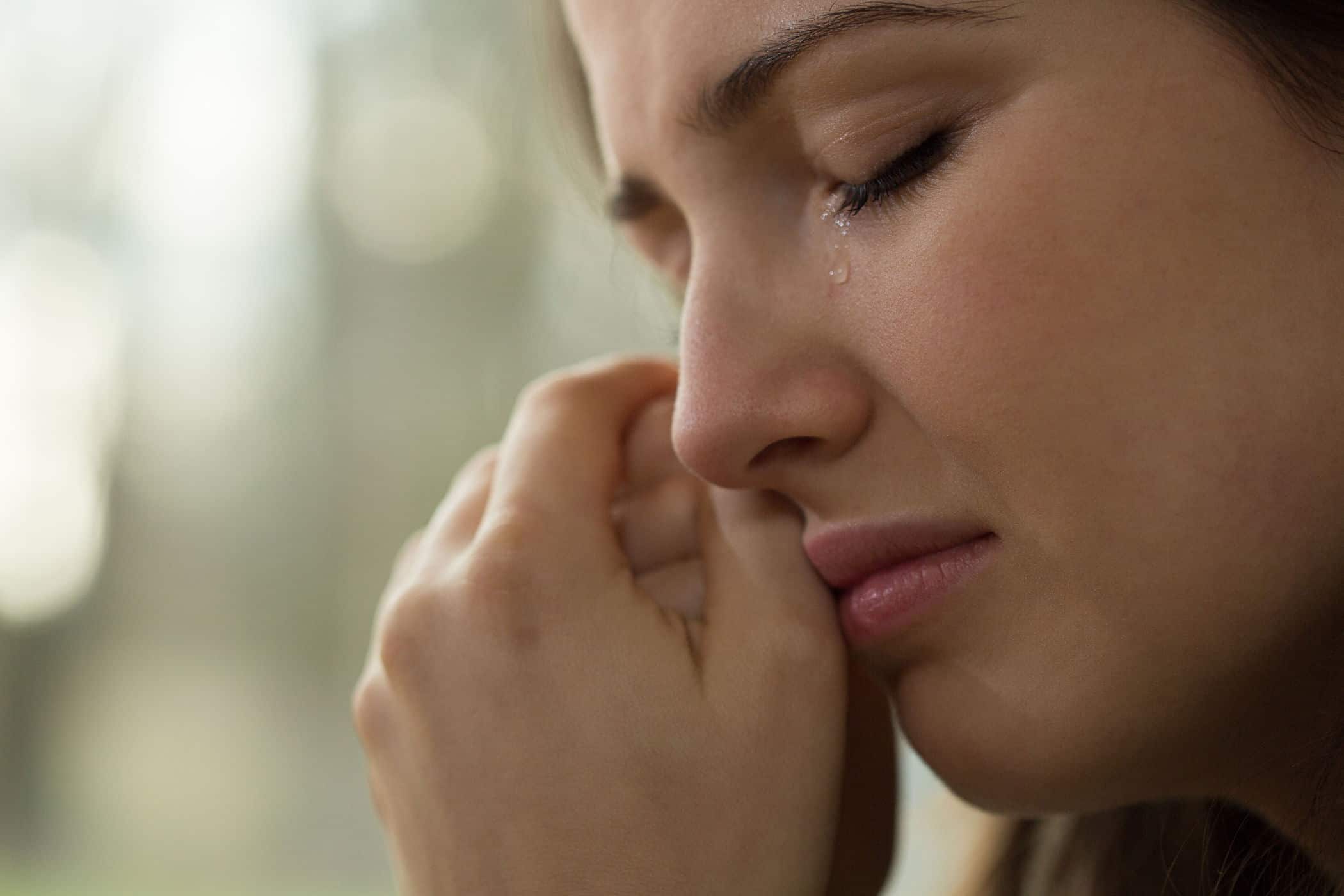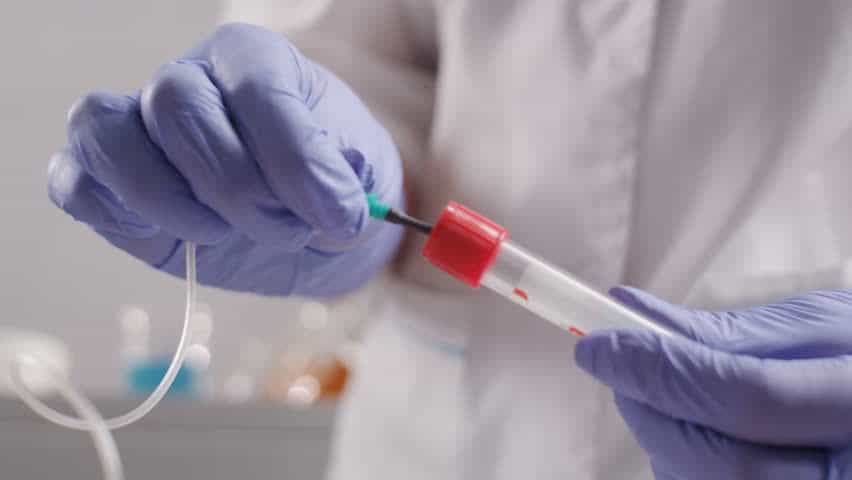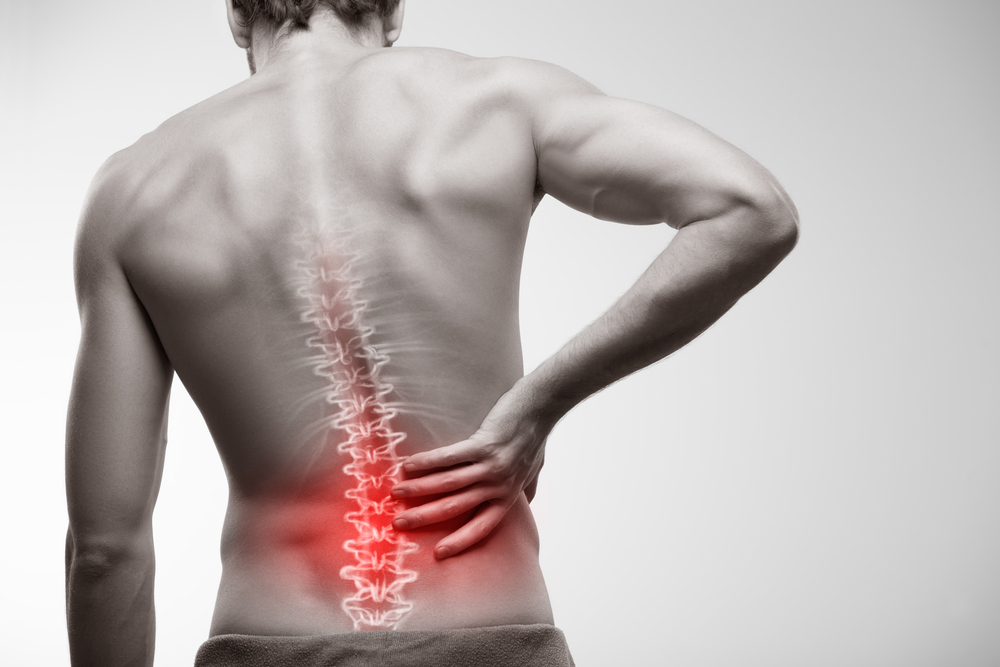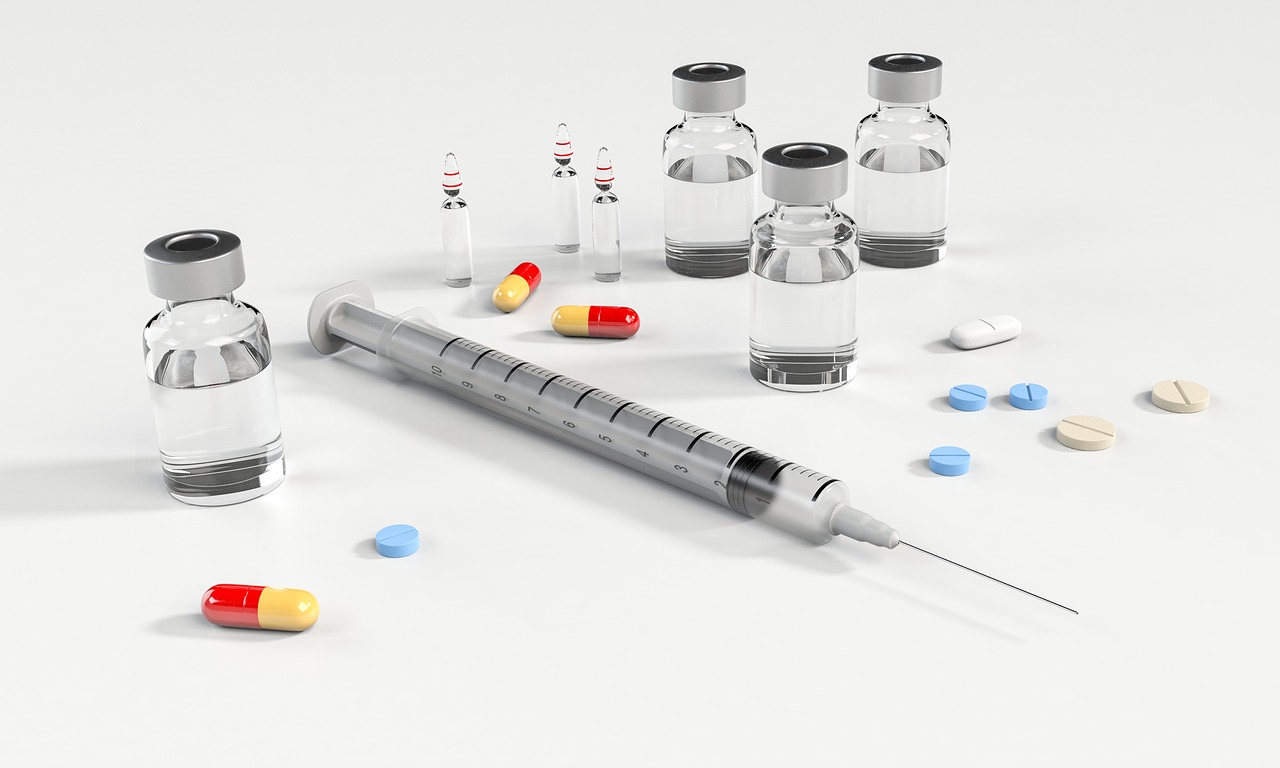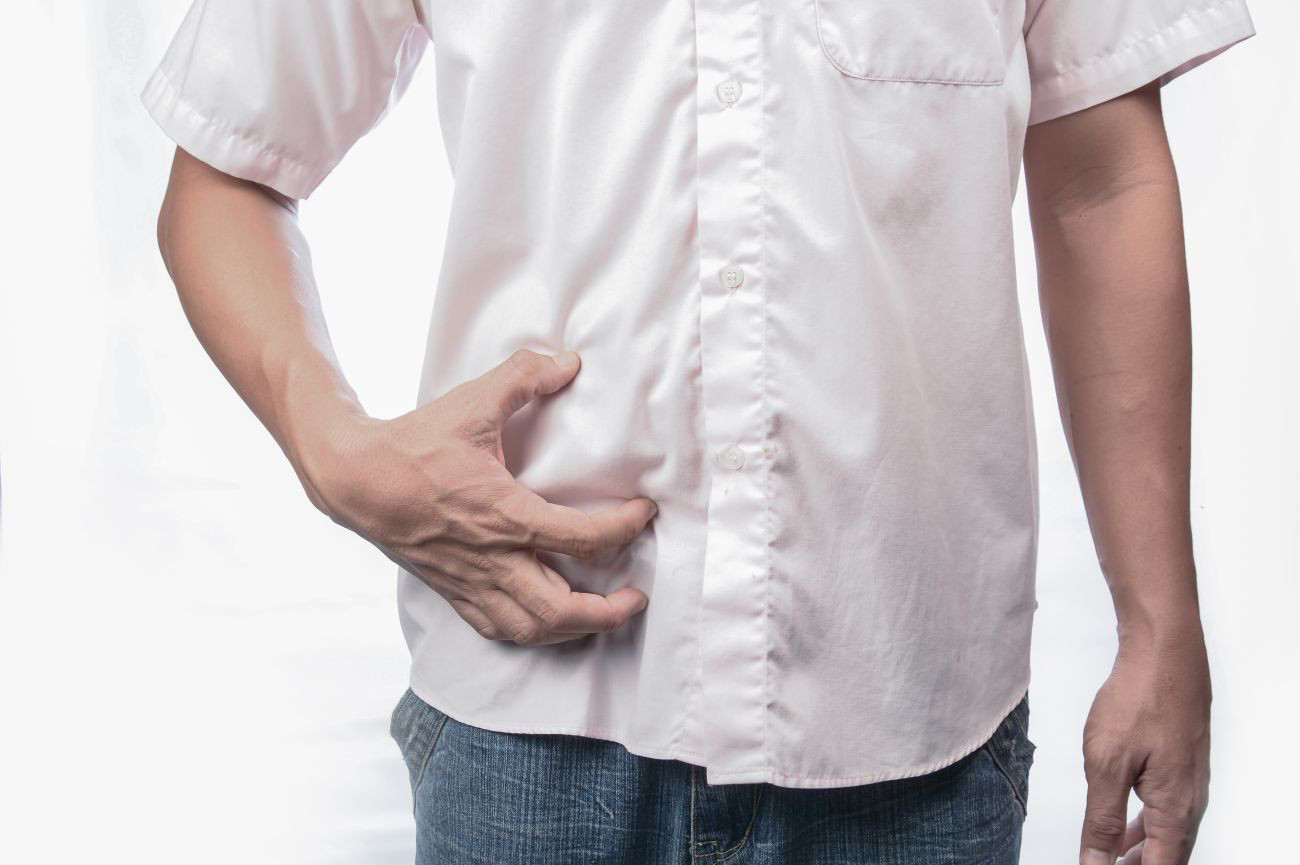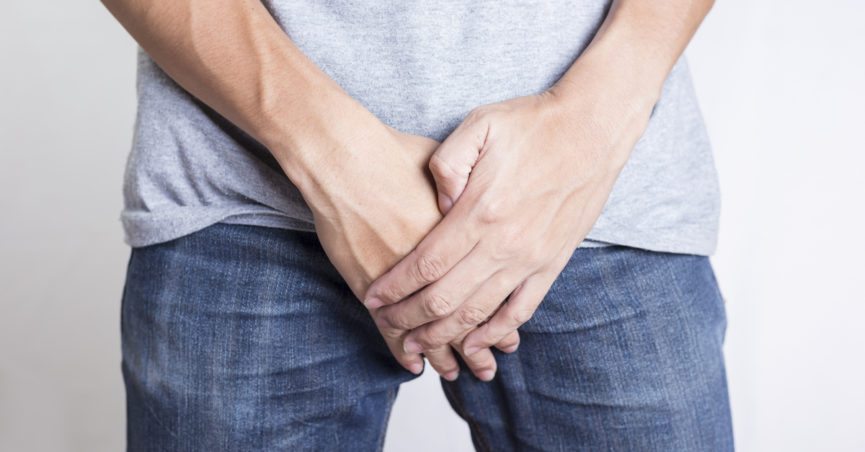Contents:
- Medical Video: 6 Pack Diet Plan Disaster (CALORIE CUTTING!)
- Calorie needs will decrease with age
- Increasing age and reduced activity lead to reduced calorie needs
- Guide to calorie needs according to age and activity
Medical Video: 6 Pack Diet Plan Disaster (CALORIE CUTTING!)
Foods that contain calories are important for human life as energy producers, ranging from children to becoming elderly. However, these caloric needs will continue to change with age. When observed, the caloric needs of old age will continue to decrease; become less than the caloric needs of adults. Why is that? Consider the following review.
Calorie needs will decrease with age
Food provides energy, protein, vitamins, minerals, fiber, and water needed by the body. The number of calorie needs depends on gender, body weight, height, and activities carried out, and age. For the elderly, some nutritional needs from food may increase in number, but the caloric needs do not increase.
According to the Nutrition Adequacy Rate by the Ministry of Health of the Republic of Indonesia, men aged 30 years on average require 2,625 calories which change to 1,525 calories when they reach 80 years and above. While 30-year-old women on average need 2,150 calories and change to 1,425 calories when they are over 80 years old.
Increasing age and reduced activity lead to reduced calorie needs
When on the move, the body metabolizes. Metabolism is the body's ability to break down nutrients and convert them into energy or store them as fat for reserve energy. If the number of calories is not balanced with the activity you do, the weight can increase.
At a young age, someone who is overweight will certainly be advised to go on a diet. They will reduce or avoid calorie foods so that the fat accumulated in the body is used as an energy producer. Simply put, this also applies to people who are getting older. Reduced calorie needs as you get older are done to maintain his weight. This is done because they are no longer active like productive age adults, so fewer calories are burned.
Metabolism is related to muscle mass because muscle cells are busy moving the body in carrying out various activities. When you are a teenager or around your twenties, your metabolism is relatively higher because more activities are done. However, around the age of 30 years, the activity carried out is not as much as in adolescence so that muscle mass will decrease and will become fatter. Especially the elderly, they are easily tired quickly and usually choose problems in the bones that inhibit their activities, such as osteoporosis and osteoarthritis.
Reduced calorie needs are carried out as an effort to live a healthy life, which is to prevent excessive weight gain which can increase the risk of obesity, diabetes, heart disease, and kidney disease.
Guide to calorie needs according to age and activity
Reporting from Very Well Fit, the National Institute on Aging offers a general guide to caloric needs for men and women over the age of 50 according to their activities. Here's the guide:
Calorie needs for women over 50 years
- Not physically active, requires 1,600 calories per day
- A little active, requires 1,800 calories per day
- Active, requires 2,000 to 2,200 calories per day
Calorie needs for men over 50 years
- Not physically active, requires 2,000 calories per day
- A little active, requires 2,200 to 2,400 calories per day
- Active, requires 2,400 to 2,800 calories per day
To get the right guide according to your age and condition, you should first consult a doctor or nutritionist.
Besides calories, other nutritional needs must also be maintained. A diet and a choice of healthy foods both from the content and the method of processing must also be considered. Moreover, most people who grow old grow old lose their appetite or lose teeth, choose a food menu that suits their conditions can help meet the nutrients needed.


